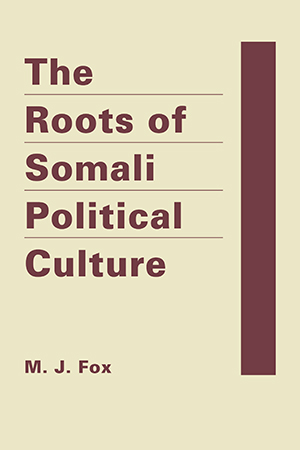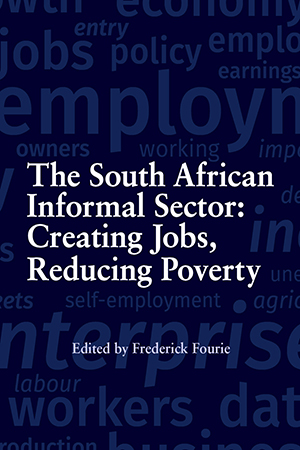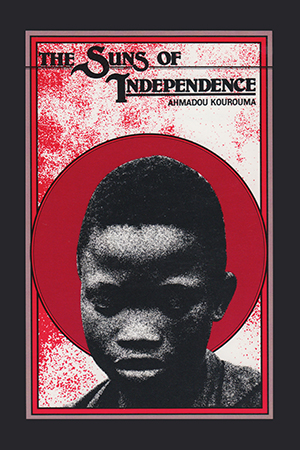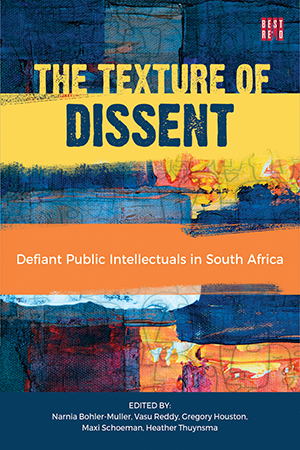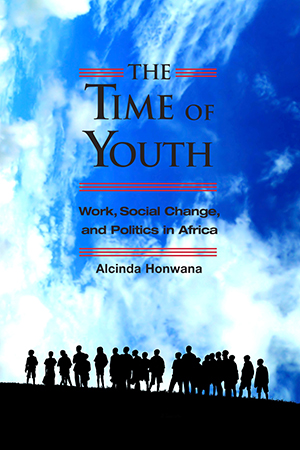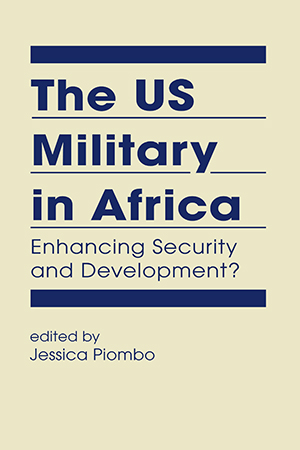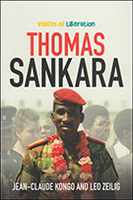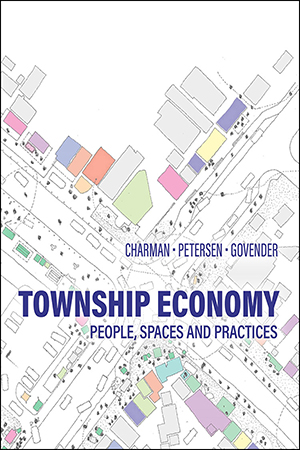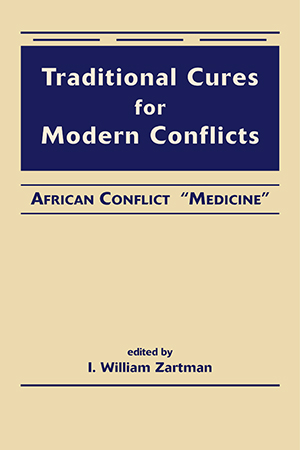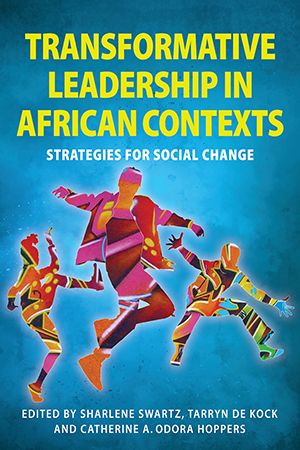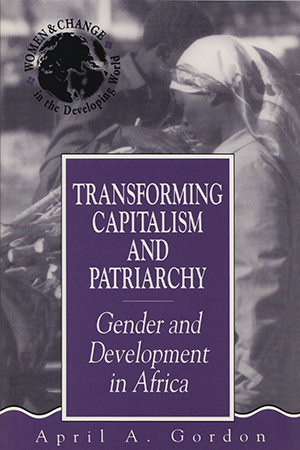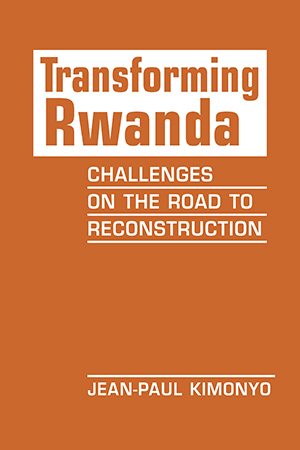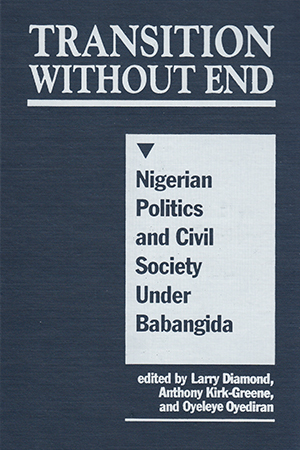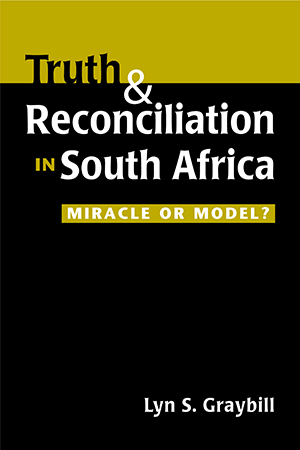Africa
The fragmentation of the former Somali Democratic Republic into three distinctive entities, together with the events that have ensued since then, make for a complex political puzzle that More >
Twenty years after Nelson Mandela commissioned the first HIV household survey in South Africa, this latest data collection undertaken by the Human Sciences Research Council and its partners More >
The outcome of a four-year research project, this collaborative work draws on both quantitative and qualitative evidence to demonstrate the contributions of South Africa's informal More >
A masterpiece of modern African literature, The Suns of Independence brilliantly captures the struggles, desires, and dreams of people in a west African country as they live through the More >
The Texture of Dissent presents concise political biographies of a myriad of prominent South African public intellectuals who were shaped by the contentious issues of their day. Showcasing More >
Most young Africans are living in a state of "waithood," argues Alcinda Honwana, finding themselves suspended in limbo between childhood and adulthood. Failed neoliberal economic More >
Recent US security policy toward Africa has adopted a multidimensional approach—including the use of military assets to promote economic development and good governance—that has More >
His image is unmistakable: with beret and broad grin, Thomas Sankara's picture is pasted on run-down taxis and seen on the walls of local bars throughout Africa. Known widely as the More >
Township Economy provides unique insight into the nature of informal businesses and entrepreneurship in the townships of postapartheid South Africa and Namibia. The authors draw on evidence More >
Medical science has taken a new look at indigenous African healing practices, asking whether unique knowledge exists in traditional societies or whether Western and traditional societies More >
Desmond Tutu once said, "There comes a point where we need to stop just pulling people out of the river and find out why they are falling in." The authors of this innovative More >
Using insights from feminist theory and political economy, Gordon examines the implications for women of current economic and political reform efforts in Africa. Much of the work on women More >
Since the end of its genocidal civil war in 1994, Rwanda has embarked on an ambitious, and often controversial, process of reconstruction. Jean-Paul Kimonyo comprehensively analyzes that More >
Since 1986, Nigeria has been struggling without success to return to a civilian, democratic form of government: as political parties, presidential candidates, economic reform programs, and More >
Was South Africa's Truth and Reconciliation Commission (TRC) a "miracle" that depended on the unique leadership of Nelson Mandela and Desmond Tutu? Or does it provide a working More >


